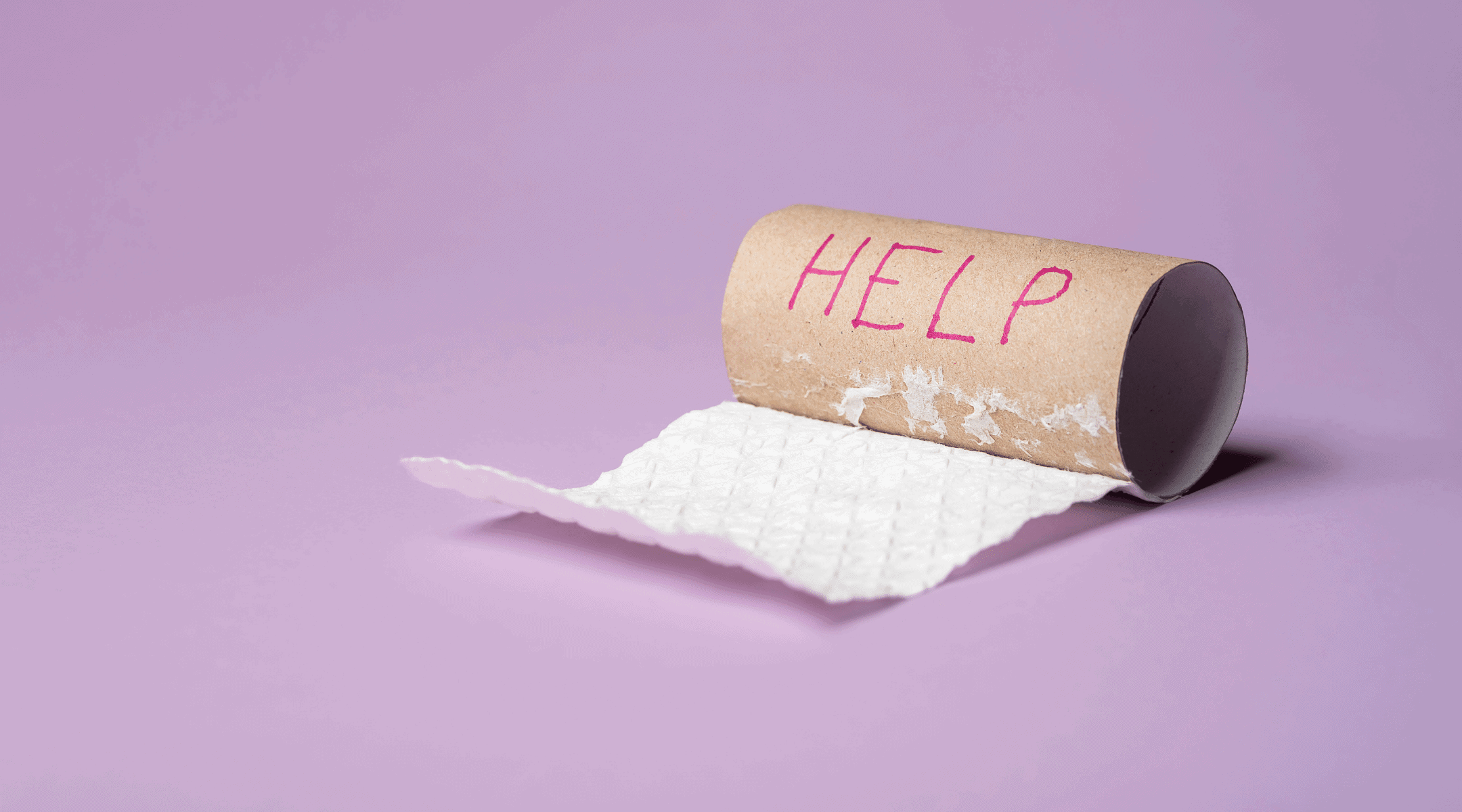
Feeling Backed Up? Check Your Pelvic Fitness
Have you ever had the feeling that you just can’t win? Waking up multiple times during the night to pee, leaks when you laugh or jump, and yet, everything else is backed right up. One can only stand a diet of bran muffins and prune juice for so long before starting to look for other ways to solve constipation. As it turns out, there is a connection between the frequent urge to pee and a lack of the urge to poop. It all has to do with pelvic health.
Everything is Connected
Pelvic dysfunction occurs when the pelvic muscles, the ones that support the bladder, uterus, vagina, and anus, are not working optimally. When muscles are either weak, tight or unbalanced in some way, pelvic pain, urinary incontinence, pelvic organ prolapse, and even constipation can result. The link between constipation and pelvic health is not one-sided, meaning that while constipation can be a symptom of pelvic floor dysfunction, it can also contribute to causing it.
Cause and Effect
Constipation can occur as a result of many physiological or lifestyle factors. When constipation becomes chronic, frequent straining leads to microtears in the tissue, making it less responsive, while other muscles are overtaxed. Straining also puts added stress on the pelvic organs and nerves, leading to pain and occasionally urinary leakage as part of an overall imbalance in the pelvis.
On the other hand, extra tight (hypertonic) pelvic muscles that never fully relax can lead to constipation by interfering with the proper functioning of the urinary and anal sphincters. These are the valves that help control urination and defecation. The inability to relax and coordinate your pelvic floor muscles prevents you from having a bowel movement and can also cause urinary incontinence.
The Stress Factor
Stress can have a hugely negative effect on so many parts of your body, including your pelvis. When your stress is severe or long-term, symptoms of a hypertonic pelvic floor can begin to crop up. Pelvic pain, urinary urgency, frequent urination and constipation are all symptoms of a hypertonic pelvis.
Constipation often goes hand-in-hand with pelvic floor dysfunction, so if you’re regularly experiencing irregularity, consider talking to a pelvic health specialist about your symptoms. Comfortable and non-invasive treatments such as our Libby Chair Pelvic Therapy can help restore balance and reactivate pelvic floor muscles to improve pelvic fitness. Find out more about how Libby works, then call us to book a consultation. Starting the conversation about constipation and pelvic health can be difficult, but we’re not shy, and we’d love to help!
Follow us on Instagram and Facebook for more about Pelvic and core fitness.
Learn more about our workshops and services

Recent Comments